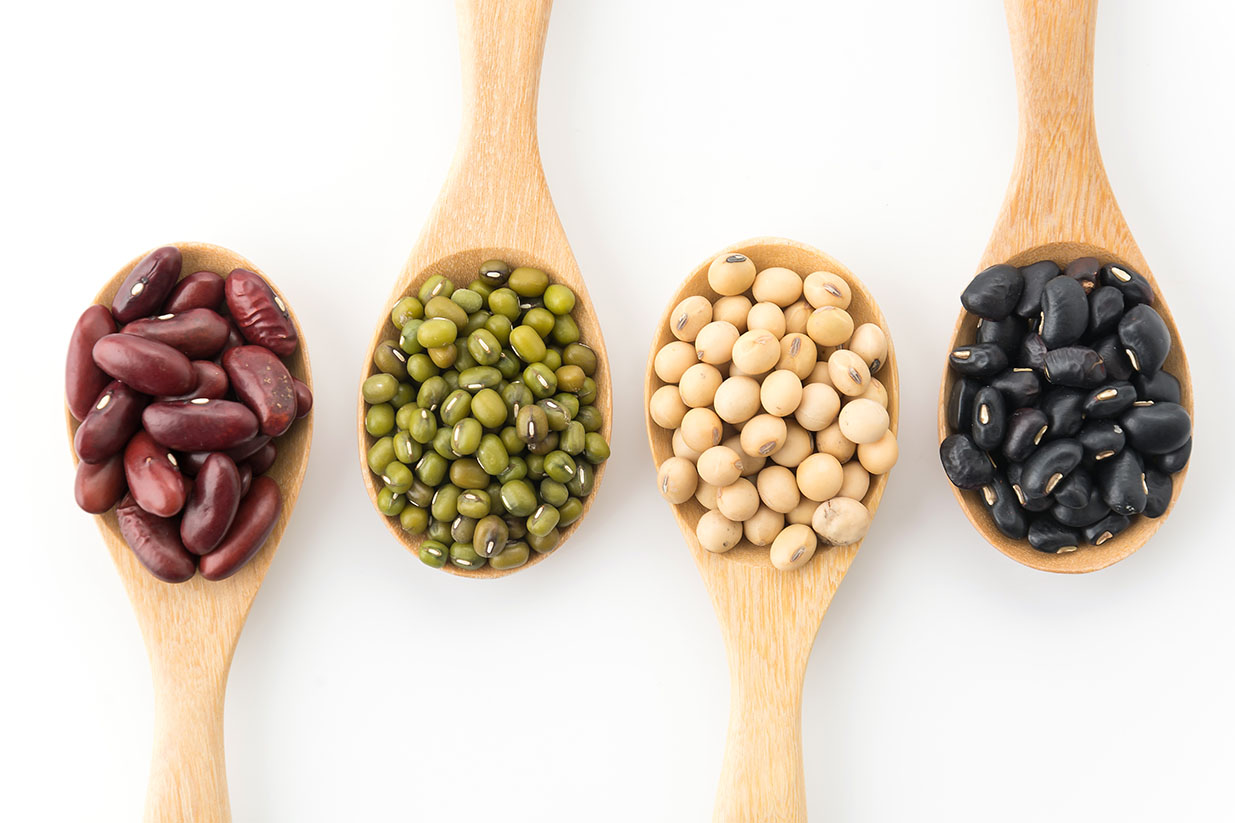Valuable fibre
Have you asked yourself if the foods you eat every day are rich in fibre? We hear or read about it on product labels, but without knowing their particular importance in human health:
Dietary fibre is a class of carbohydrates that the human body cannot digest. Although most carbohydrates are broken down into sugars, fibre cannot be broken down but passes through the body undigested. These macronutrients help to manage sugars in the body, maintaining blood levels and helping to control hunger pangs.
The daily diet should include foods rich in fibre, with the main sources being whole fruit and vegetables, whole grains, pulses and nuts.

Fibre is divided into 2 categories, equally beneficial to health:
- The solvents fibre, which dissolves in water and can help reduce blood glucose and cholesterol levels. Foods with soluble fibre include oats, nuts, beans, lentils, apples and blueberries.
- The insoluble fibre, which does not dissolve in water, serves to 'move' food through the digestive system and helps prevent constipation. Foods rich in insoluble fibre include wheat, wholemeal bread, wholemeal cereals, pulses, carrots and tomatoes.
Fibre and health
It is widely known that fibre has significant benefits for digestive health, contributing to the smooth functioning of the gut and easing conditions such as constipation. Also, people who consume significant amounts of fibre daily tend to have lower body weight than those who follow a low-fibre diet.
However, their benefits are not limited to that, but according to epidemiological studies, their high intake helps to reduce various diseases, such as cardiovascular disease and type II diabetes.
In particular, high intake of dietary fibre has been associated with a lower risk of heart disease and metabolic syndrome, which refers to a combination of factors that increase the risk of heart disease and diabetes. Such factors include high blood pressure, high levels of insulin, triglycerides, excess weight (especially accumulated around the abdomen).
A balanced diet rich in low glycaemic index foods and fibre can reduce the risk of type II diabetes. In contrast, diets low in fibre and rich in foods that cause a sharp rise in blood sugar may increase the risk of developing this condition.

Smart tips for increasing your fibre intake:
- Prefer to eat whole fruit instead of drinking fruit juice.
- Replace white bread, rice and pasta with wholemeal products.
- For breakfast, choose whole grains with the whole grain.
- Include raw vegetables as a mid-day snack instead of chips, biscuits or chocolate bars.
- Include raw vegetables as a mid-day snack instead of chips, biscuits or chocolate bars.
Written by the scientific team of Vitamins Academy
BIBLIOGRAPHY
https://www.hsph.harvard.edu/nutritionsource/carbohydrates/fiber/( Last accessed 11/12/2017)
Position of the Academy of Nutrition and Dietetics: Health Implications of Dietary Fiber, Journal of the Academy of Nutrition and Dietetics(2015), 115, 11.





